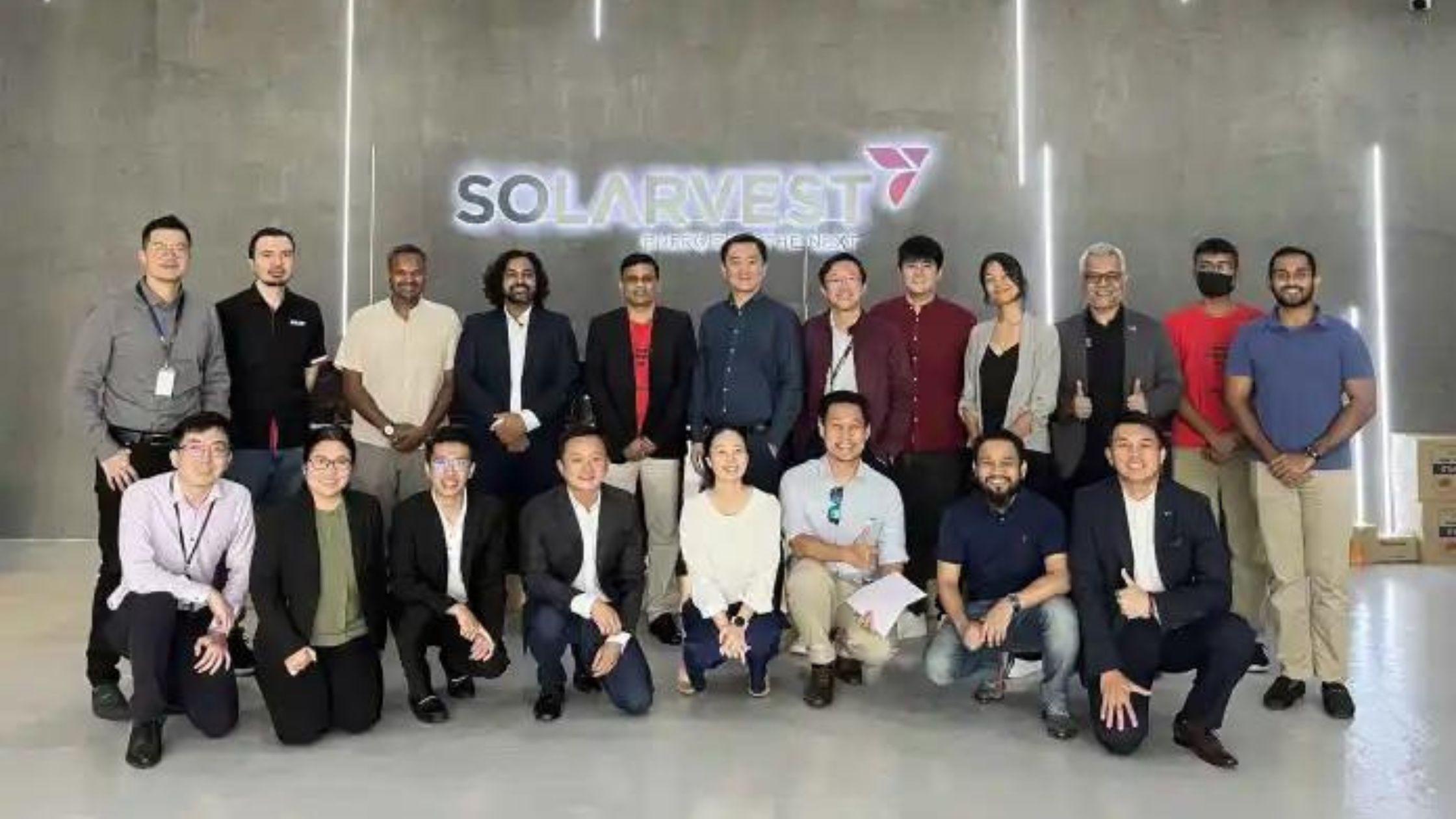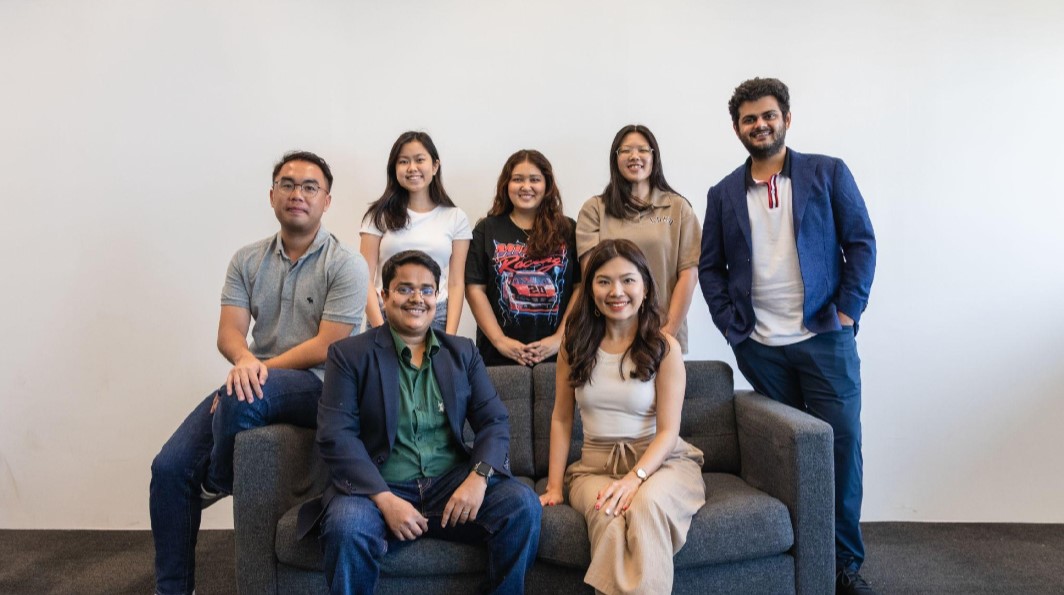AsiaTechDaily – Asia's Leading Tech and Startup Media Platform

Investment In Korean Materials Science Startups – An In-Depth Analysis
Perhaps Japanese restrictions on materials exports was an empty threat; however, for months it had prompted such a nationwide frenzy that some pundits were predicting that restrictions would severely disrupt the Korean semiconductor industry and global supply chain.
Notwithstanding, the nation’s fears and misapprehensions being perhaps exaggerated, the threat illuminates the need for Korean corporations and private investment to urgently promote and grow materials science startups.
Hitherto materials science private investment has been negligible; so much so that only government investment data is published on the government website.
The government declared it would invest over 5 trillion won in the next three years in materials science research to make Korea self-reliant. But Korea already ranks 9th globally in materials science research and using nanotechnology as an example, ranks second only to the United States in granted patents.
“Korea’s material-science companies’ developmental problems are not a lack of R&D and technology, but private investment,” says Sangho Kim, CEO of Flexio, a nanotechnology startup located in Daedeok Valley. He further emphasizes that “many Korean nano startups are cash-strapped which prevents them from engaging in sectoral and global expansion.”
Korean private investment via venture capital, securities firms, etc. have had a propensity in recent years for biopharmaceutical investment instead. Korean biopharmaceuticals speculative investment hysteria centered on critical events like trial updates and FDA meetings while hoping for an expedited and successful clinical trial—clinical trials though oftentimes take 15-20 years.
Biopharmaceutical Sillajen, Kolon Tissue Gen and Helixmith’s implosion have not only exposed biopharma’s inherent investor risks but are galvanizing Korean private investors to recalibrate their portfolios and the need to diversify into material-science startups.
Sang Ho Kim patently argues that “material-science startups are a better investment than biopharma given biopharma trials take two-and-a-half times as long than material science ones and material-science experimentations have a much higher success rate than bio-pharmaceutical trials.”
Materials science startups may not only serve as an alternative investment but as enablers for Korean conglomerates to sustain global competitiveness. Likewise, until the better part of the 20th century, Japan was the former global electronics leader that eventually ceded it to Korea; Korea will inevitably do the same with China.
Many in the electronics global media predicted Sony and Sharp’s imminent doom; however, diversity in material-science related industries and M&As with SMEs played a critical factor in maintaining corporate leadership globally.
Korean conglomerates must by any means necessary correspondingly do the same or face becoming less relevant global players. Most Korean conglomerates have heretofore paid perfunctory attention to material science startups and SMEs. Contrary to the Samsung Electronics argument, “having a 4-5 percent stake in a random materials science startup does not constitute a major investment.”
The SG Choongbang Company could serve as a model for conglomerates to emulate. SG Choongbang is a smaller conglomerate which engages in the distribution and manufacturing of materials. It currently has M&As with over 20 material-based startups, those M&As are around a 50 percent stake of the startup—Flexio’s M&A with SG Choongbang last month was worth over $7 million, for example.
More private investment in materials science startups is a societal-wide win-win outcome: conglomerate sustainability and growth, shorter experimentation periods than biopharma clinical trials, sounder investments, and much needed capital injections into cash-starved materials science startups to facilitate reaching their maximum potential.





